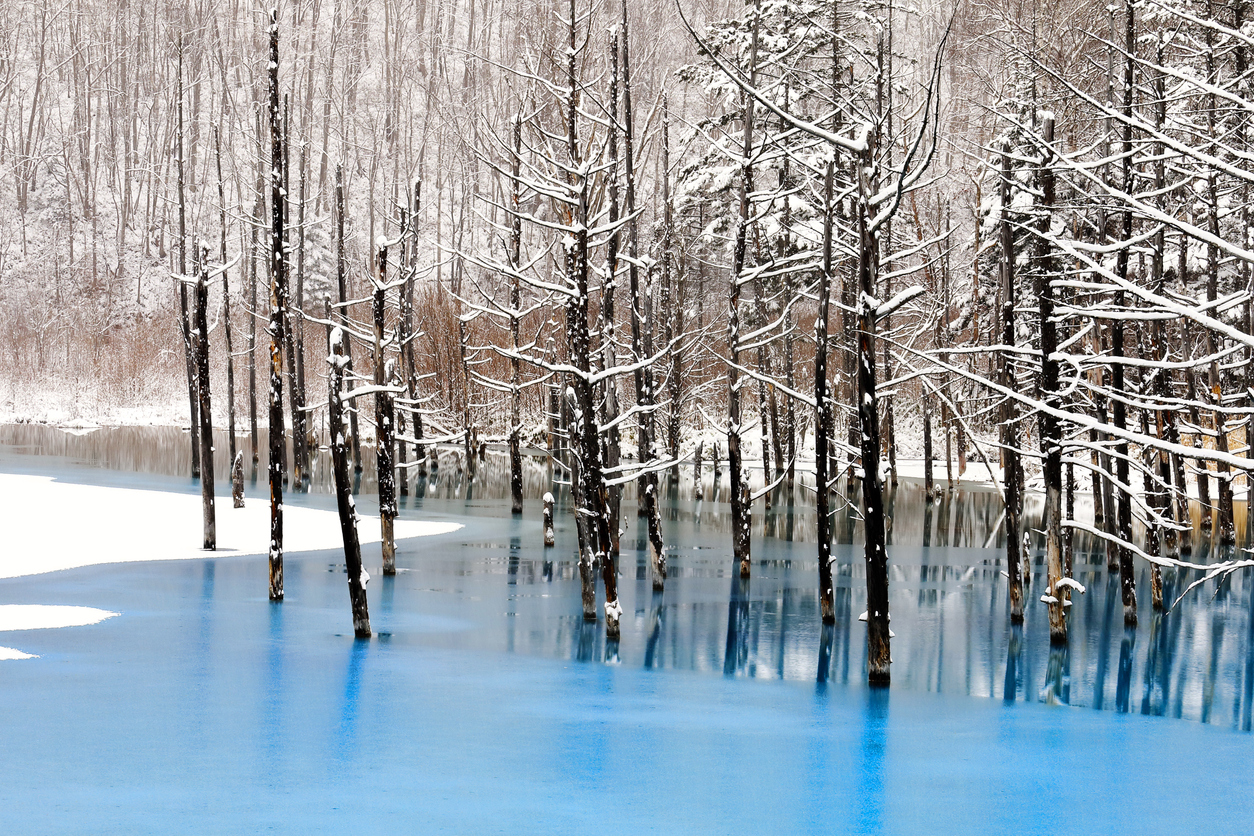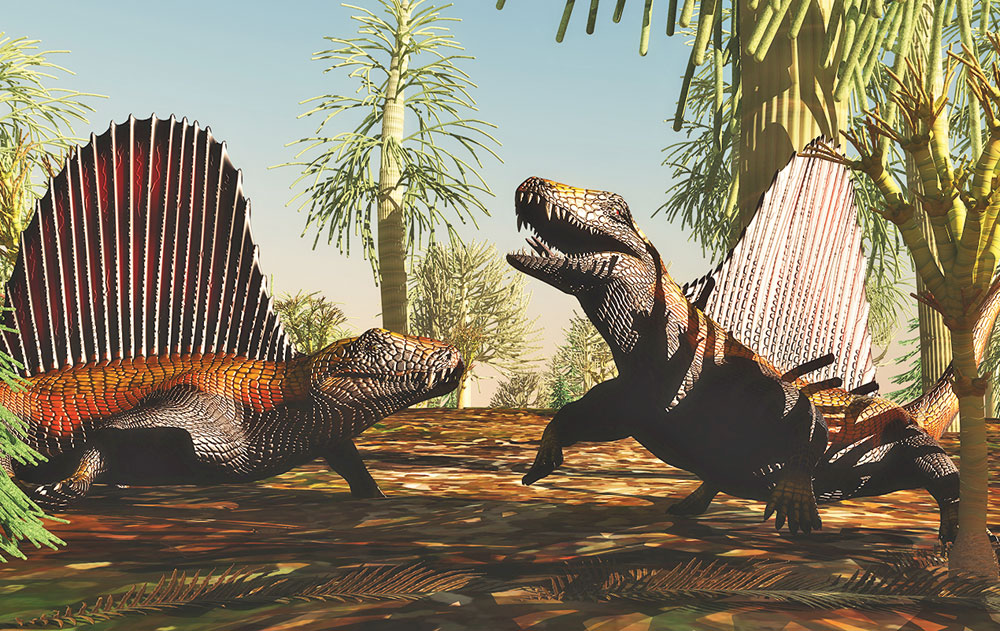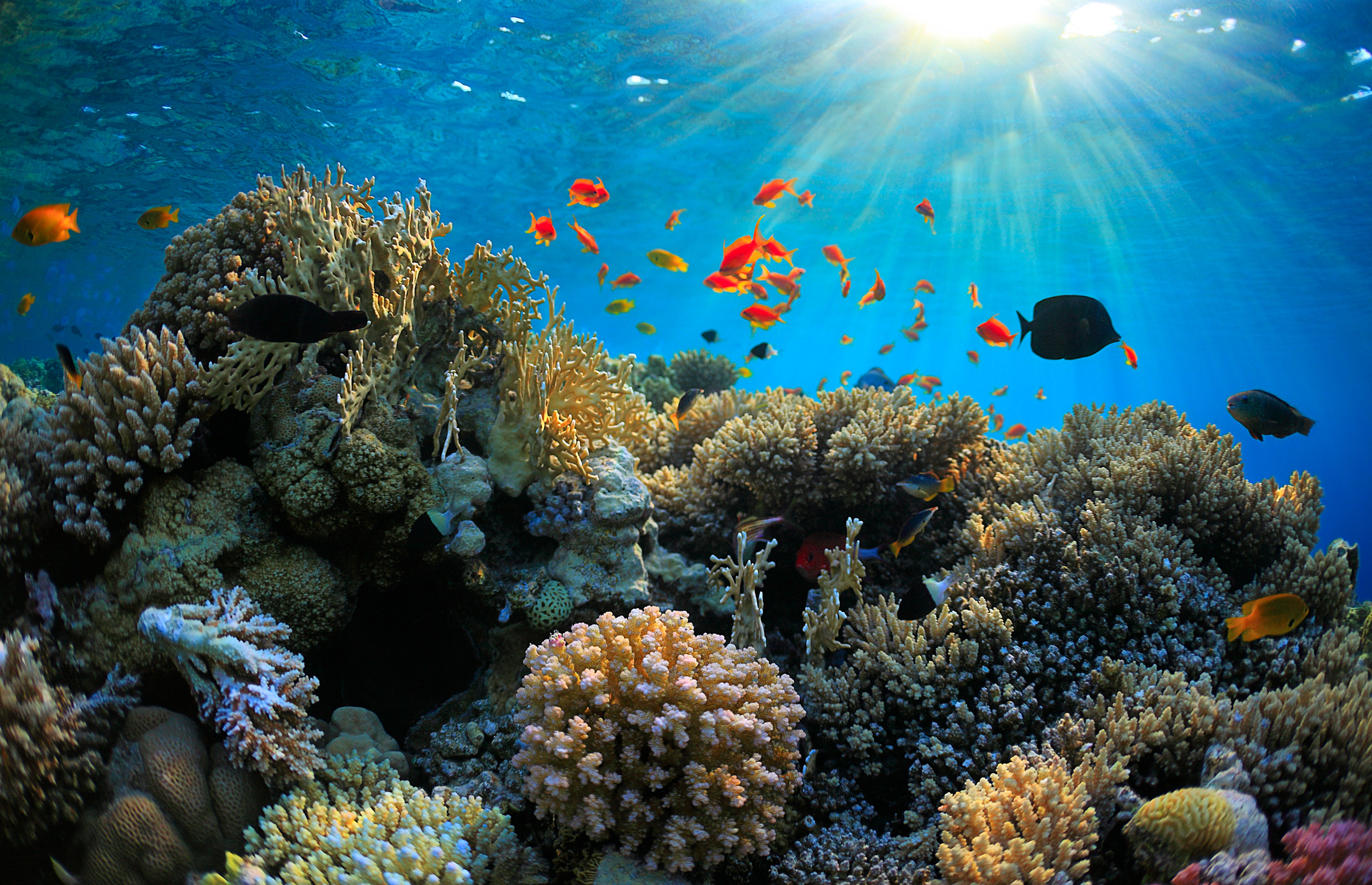Global warming is melting glaciers in Greenland and Antarctica, but for millions of people, ice is vanishing closer to home as lakes lose their winter cover.
In a study published last month in the journal Nature Climate Change, scientists for the first time quantified the effects of rising temperatures on ice cover across 1.4 million lakes in the Northern Hemisphere. They found that, from Wisconsin to Japan, thousands of lakes that used to freeze reliably every winter already see some years without ice, and that “an extensive loss of lake ice will occur within the next generation.”
The vanishing ice will affect cold-water ecosystems and be felt by millions of people who live near northern lakes, the study said.
“Ice cover acts as a temperature reset for a lake every winter,” said Catherine O’Reilly, an associate professor of geology at Illinois State University and a co-author of the study.
Without winter ice, lakes begin warming earlier in the year. Warmer surface water increases the risk of toxic algal blooms and decreases oxygen levels in a lake, putting stress on fish and other organisms. Water temperature also affects which fish species can thrive. Certain fish — like walleye, salmon and trout — depend on cold, oxygen-rich waters and don’t fare well in warmer conditions.

Our grandkids are not going to have the same experiences we did. They’re just not going to have these winters every year.
Catherine O’Reilly, co-author of the study
Humans rely on lake ice, too. Dependably frozen lakes support cultural and economic activities like ice fishing, skating and winter festivals. Ice roads across lakes and rivers also provide wintertime lifelines for many remote areas, including Native American communities in northern Canada.
With temperatures hitting record lows in the Midwest last week, John Magnuson, an aquatic ecologist at the University of Wisconsin, Madison, and a co-author of the Nature study, warned that it’s important to understand that the loss of lake ice won’t happen all at once.
“In reality winters are very variable. It isn’t going to be like we have ice, ice, ice, ice and then bang! No ice,” he said. “It’ll be an increasing frequency of winters without ice. That will play out over the next decades.”
“Our grandkids are not going to have the same experiences we did,” O’Reilly added. “They’re just not going to have these winters every year.”
c.2019 New York Times News Service













